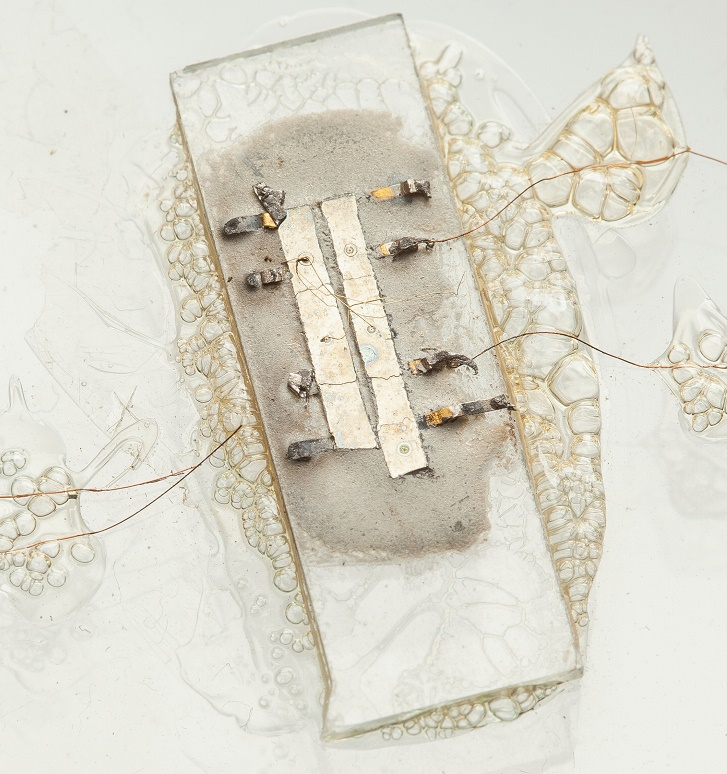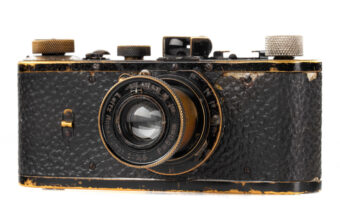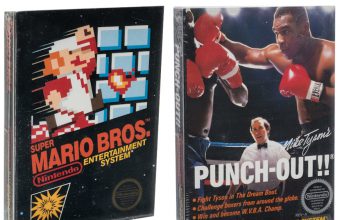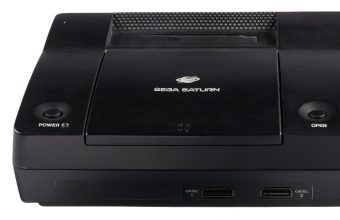A prototype microchip which helped change the world could sell for more than half a million dollars at auction next month.
The microchip is one of a handful of original prototypes created by American electrical engineer Jack Kilby in 1958.
To this day, everything from your smartphone to the Large Hadron Collider uses the technology Kilby pioneered, known commonly as "the chip that Jack built".
In 2000, as he was awarded the Nobel Prize in Physics for his lifetime of achievements, President Bill Clinton told Kilby "You can take pride in the knowledge that your work will help to improve lives for generations to come."

In 1958, at the age of 34, Kilby was a newly employed engineer at Texas Instruments, which had previously manufactured the world’s first transistor radio just four years earlier.
Finding he wasn’t yet entitled to a vacation, he decided to spend the summer working on a problem faced by all engineers in the earliest days of computer science.
The scale of early computers meant most were stored in their own buildings, and were far too large for practical applications.
These vast machines features thousands of modules, each performing a different function, which all had to be wired together in order to work properly.
As the computers became more complex, they needed more modules, all soldered by hand, and the sheer size of them spiralled out of control.

Kilby solved this problem, known as the "tyranny of numbers", by creating the world’s first integrated circuit measuring less than an inch long – essentially a chip that could perform the function of an entire module, at a fraction of the size.
The chips were also more reliable, and far cheaper to produce than their hand-made predecessors. It was the ‘giant leap’ that pushed computer technology out into the real world.
Jack Kilby later went on to invent both the hand-held calculator and the thermal printer, and today is recognized as one of the most important figures in the history of computing.
The prototype chip comes from the family collection of Tom Yeargan, a technician at Texas Instruments who assisted Kilby in his experiments.
Complete with a label signed by Kilby, the chip is expected to sell for $400,000 – $600,000 as part of Heritage Auctions’ Nature & Science Signature Auction in Dallas on November 4.













